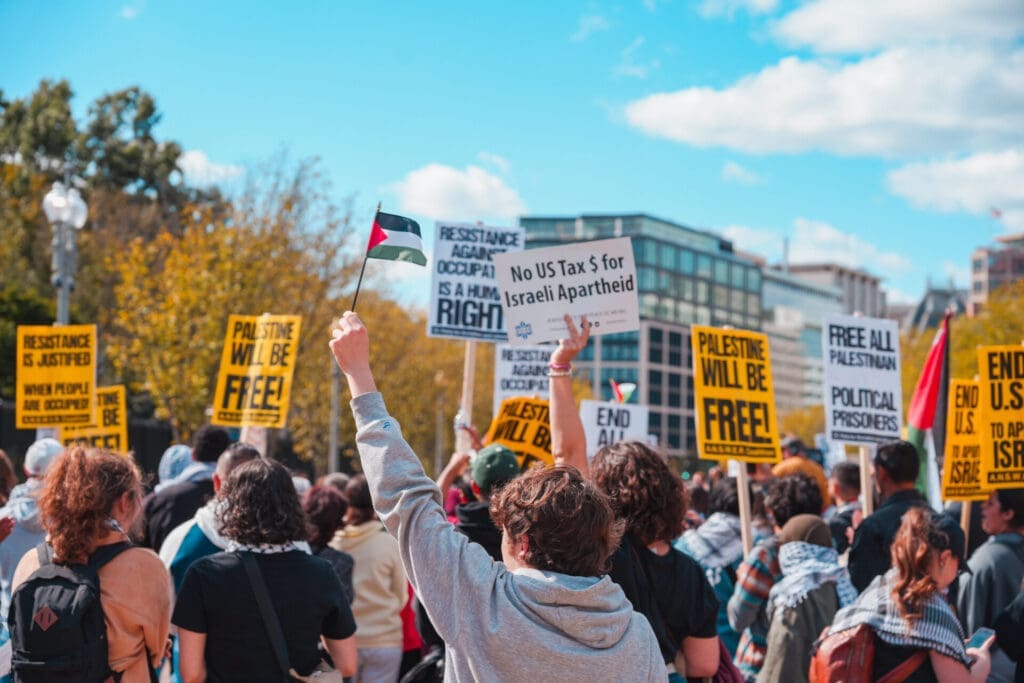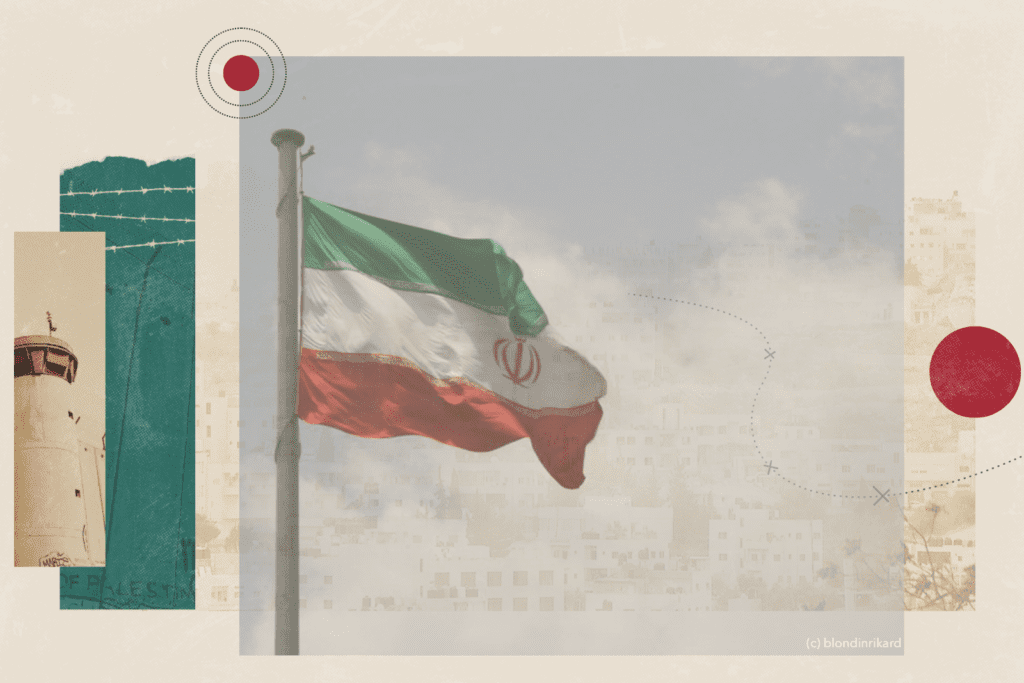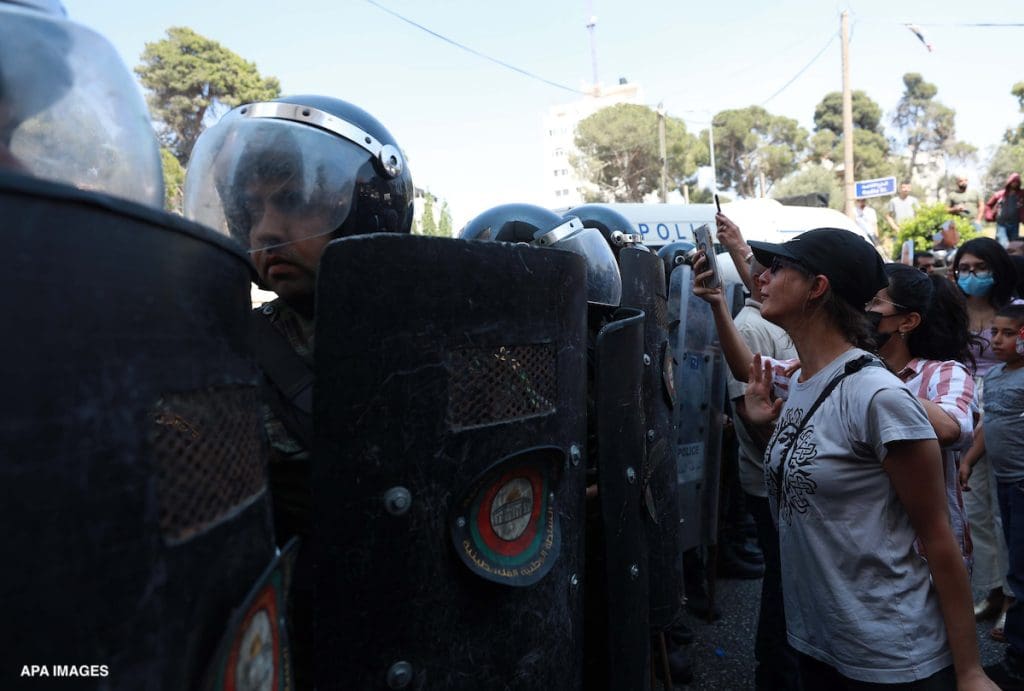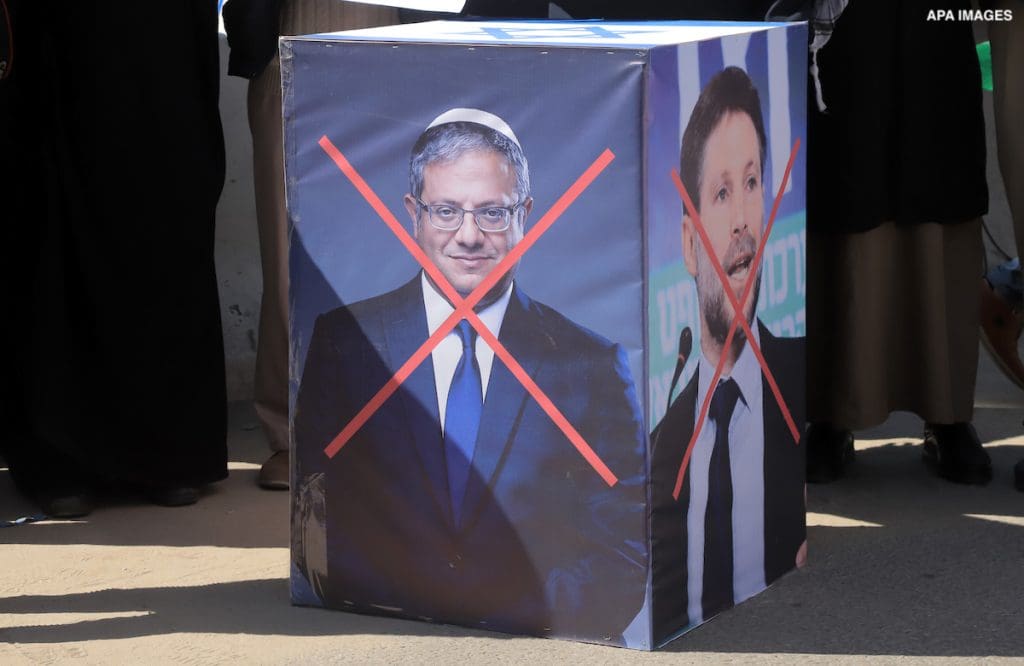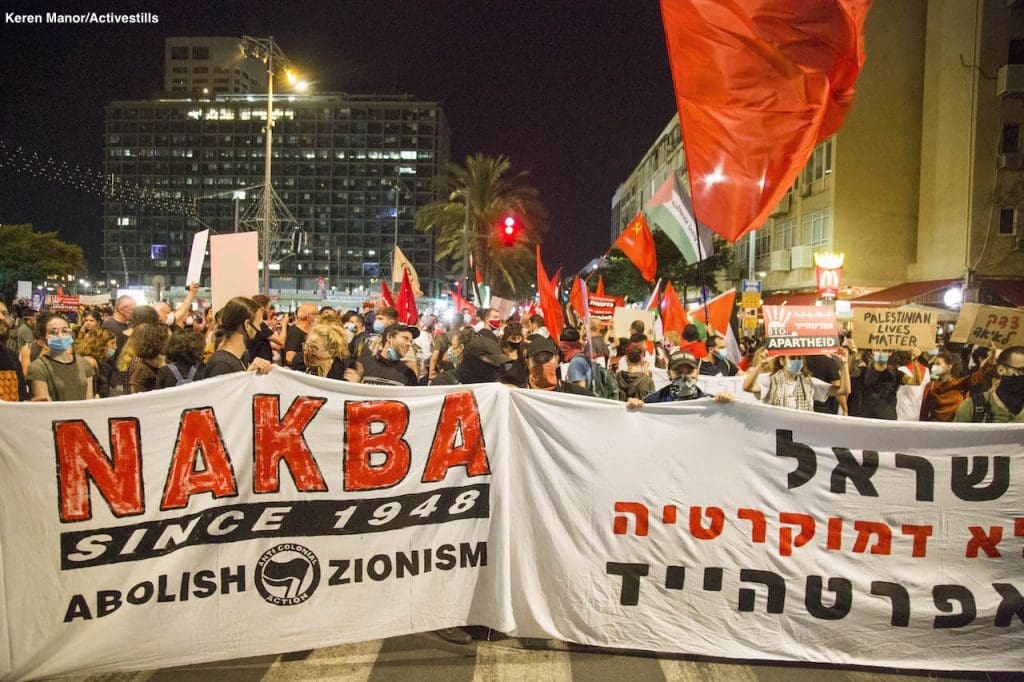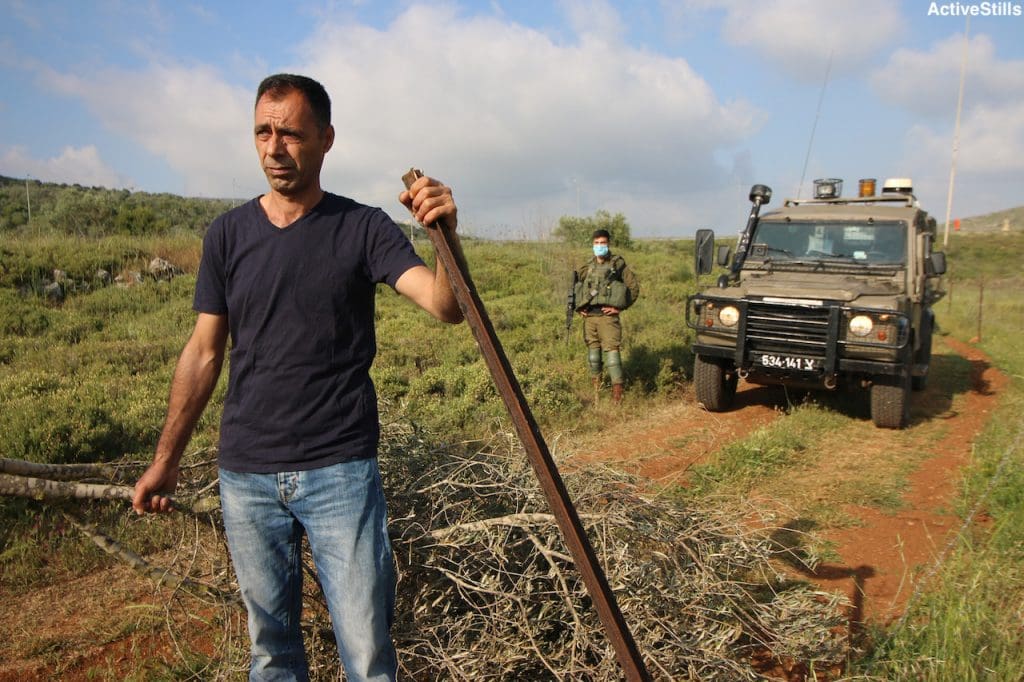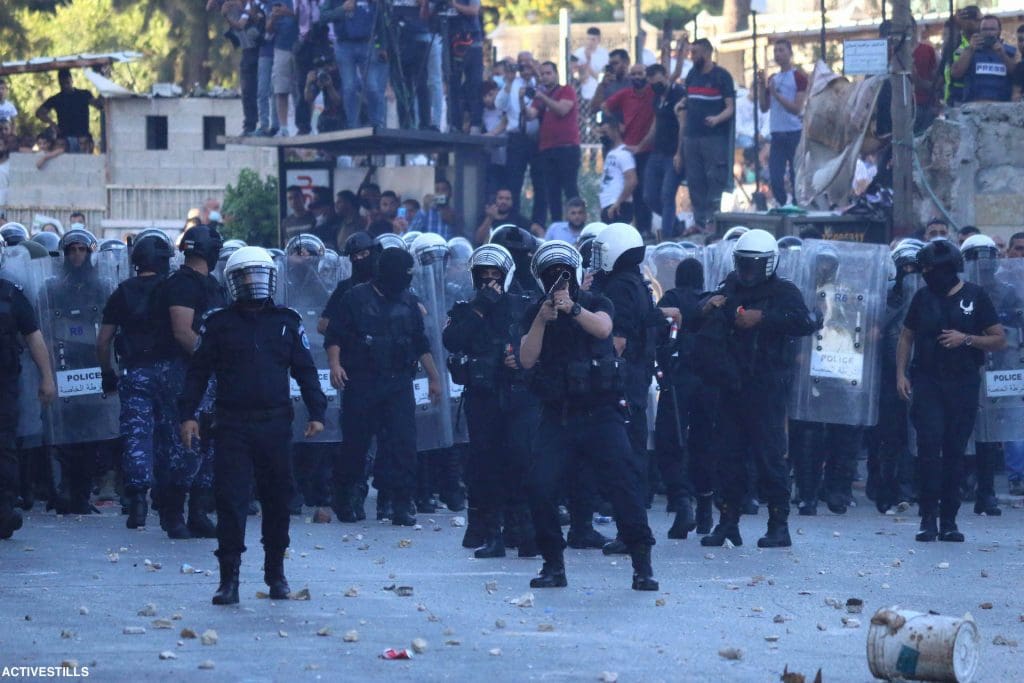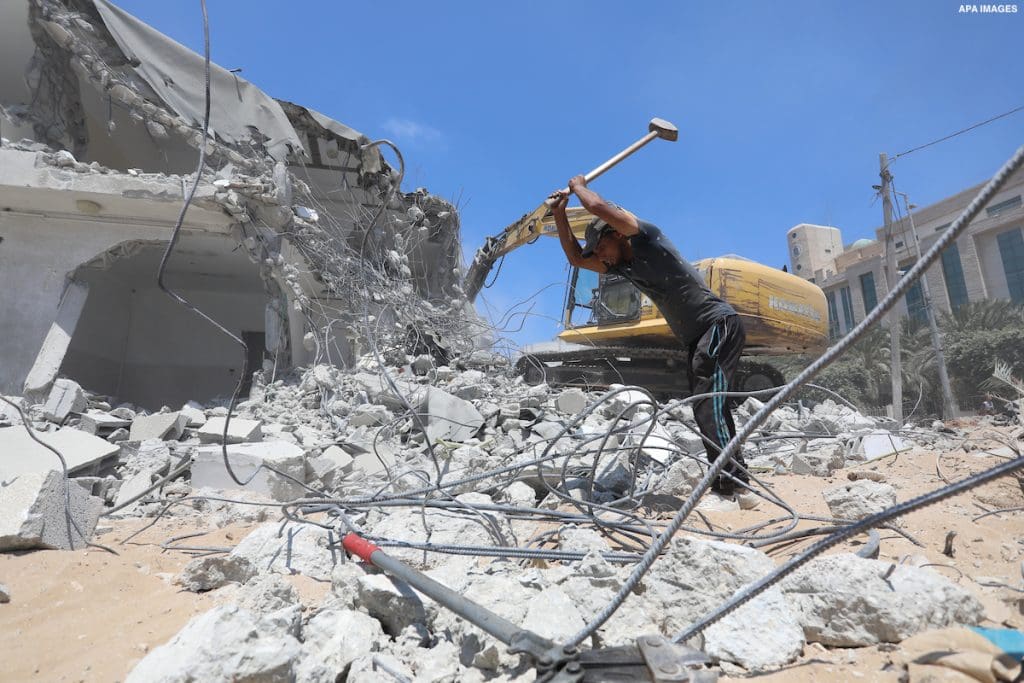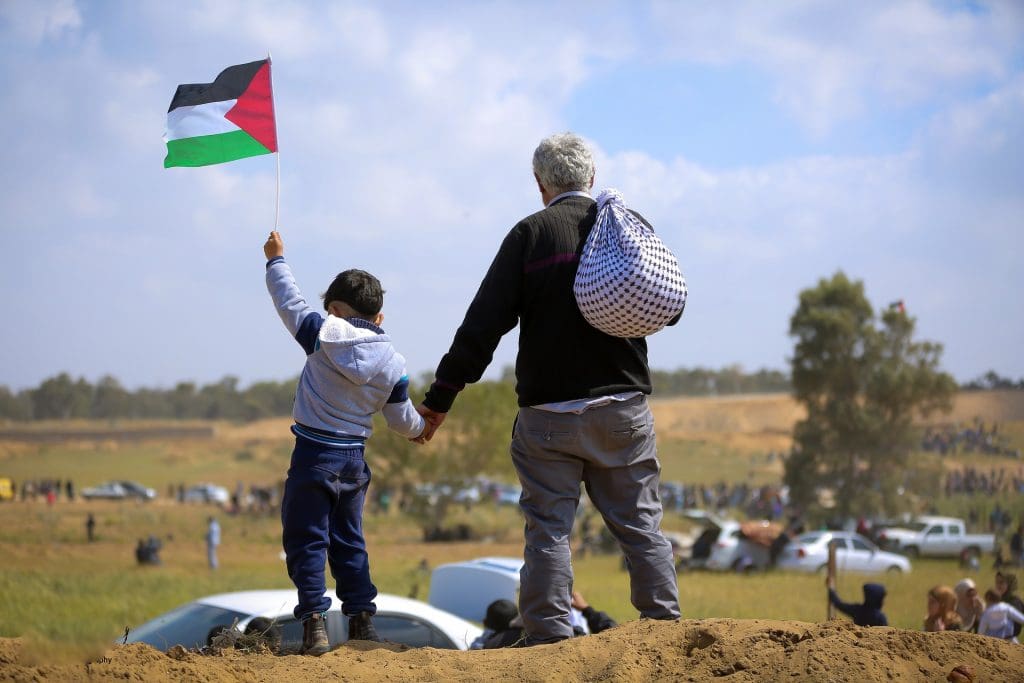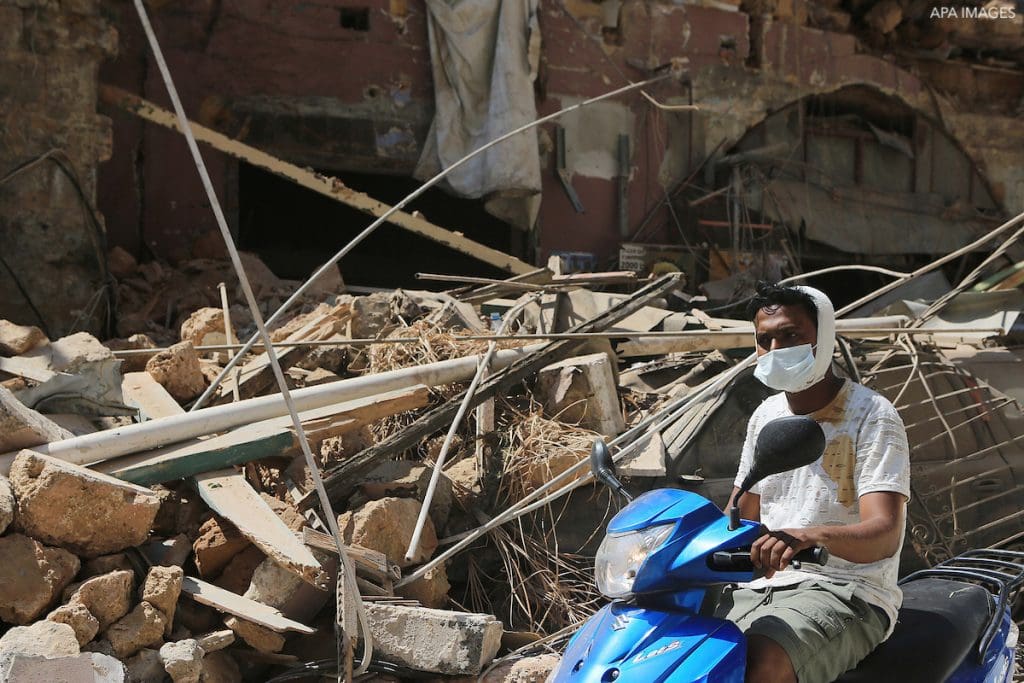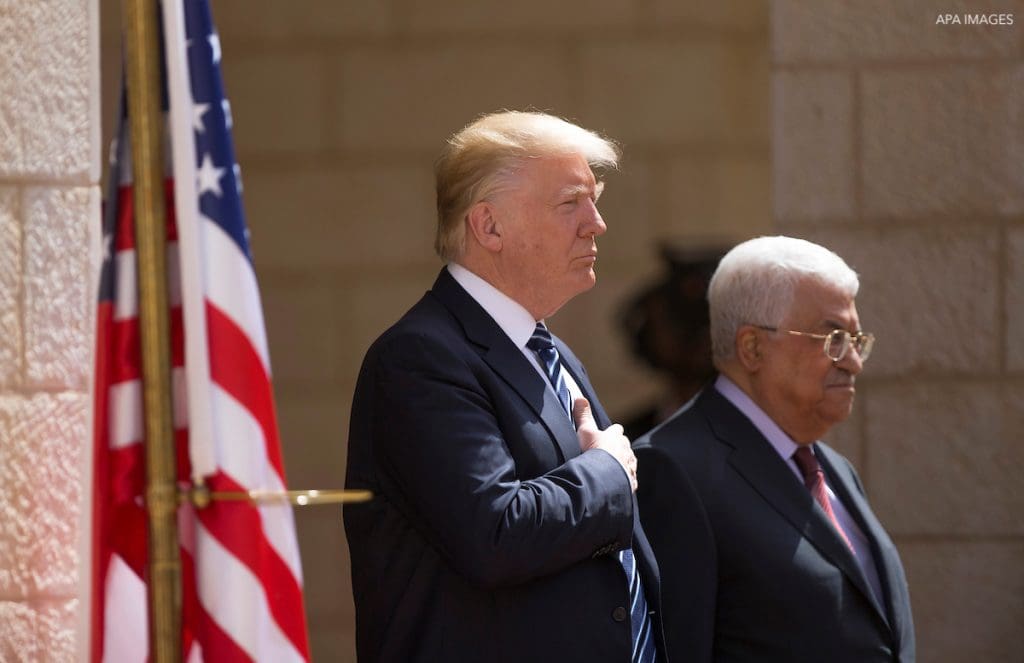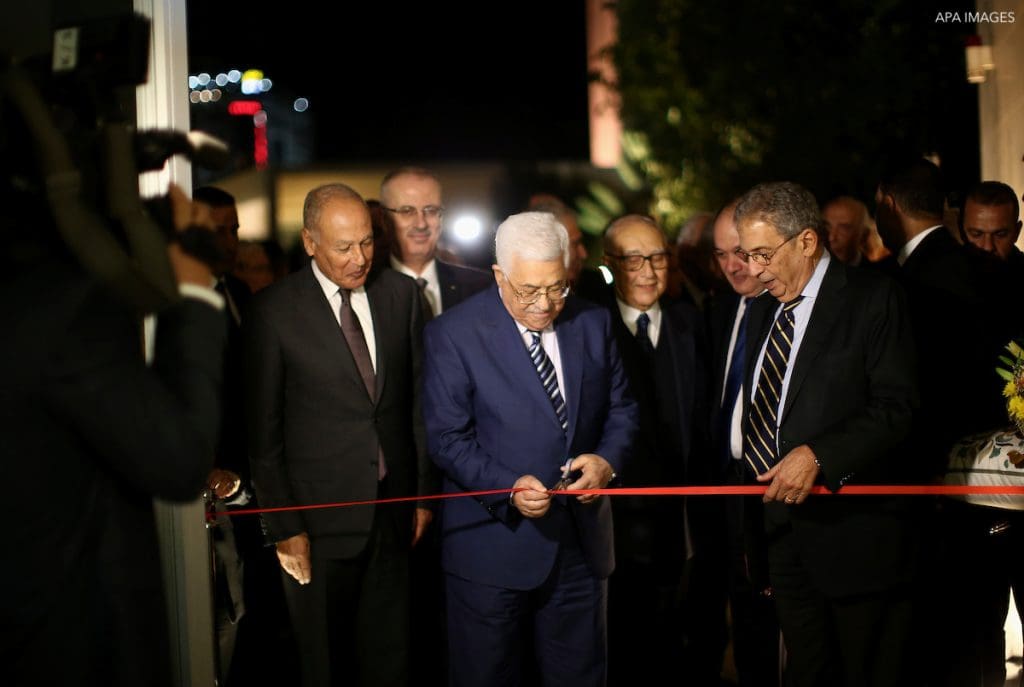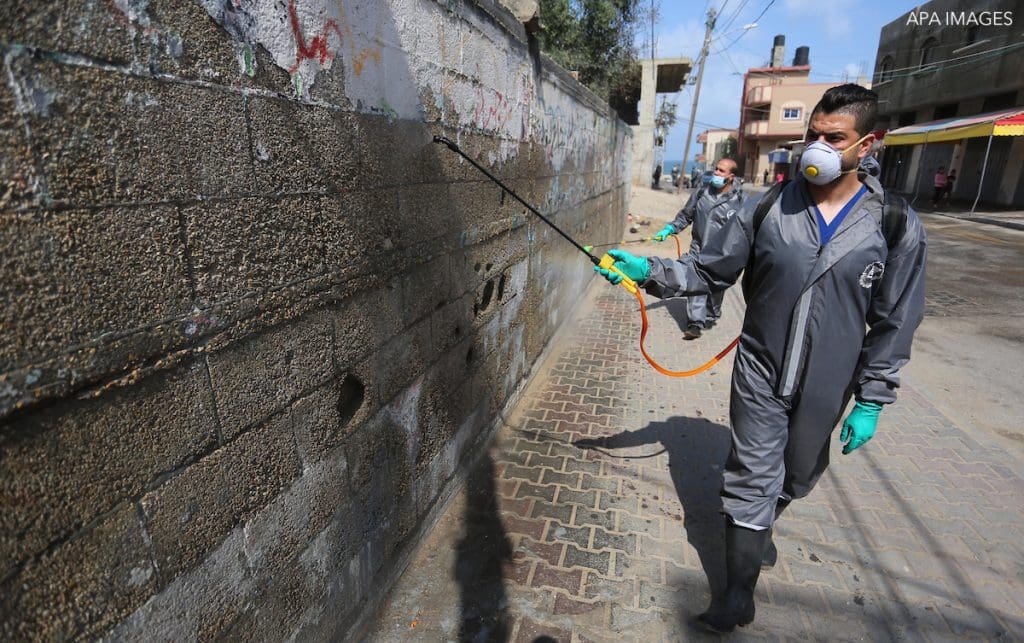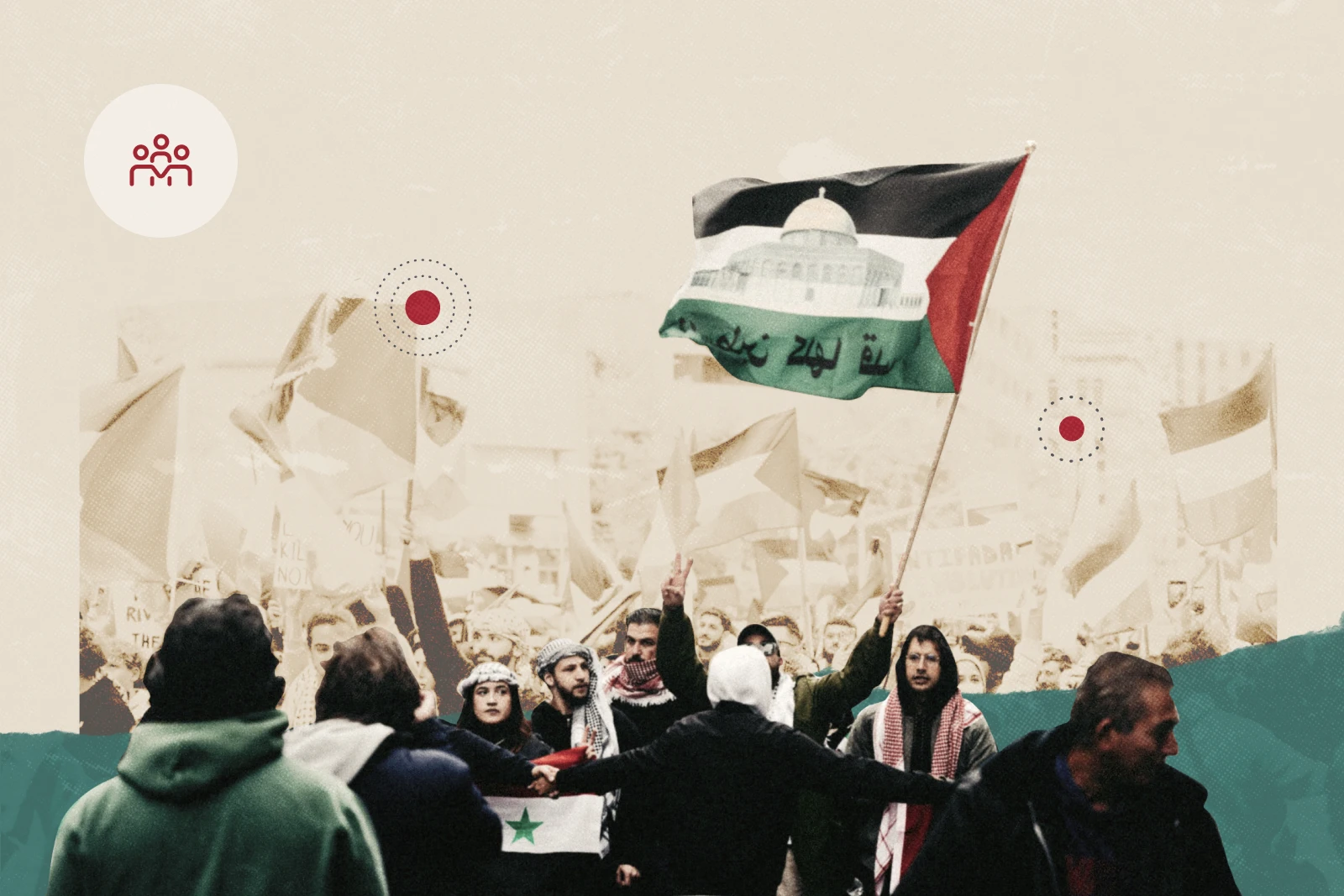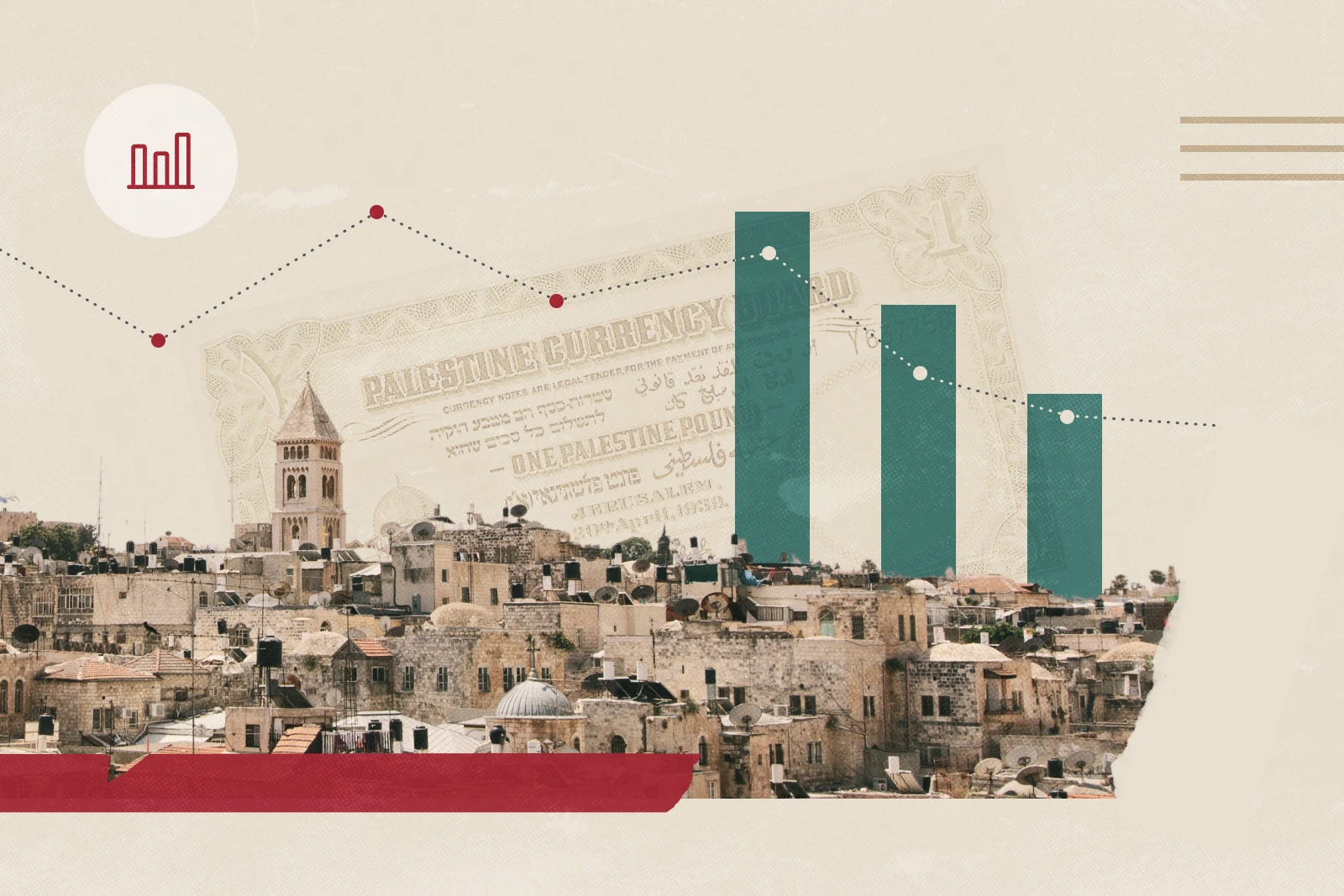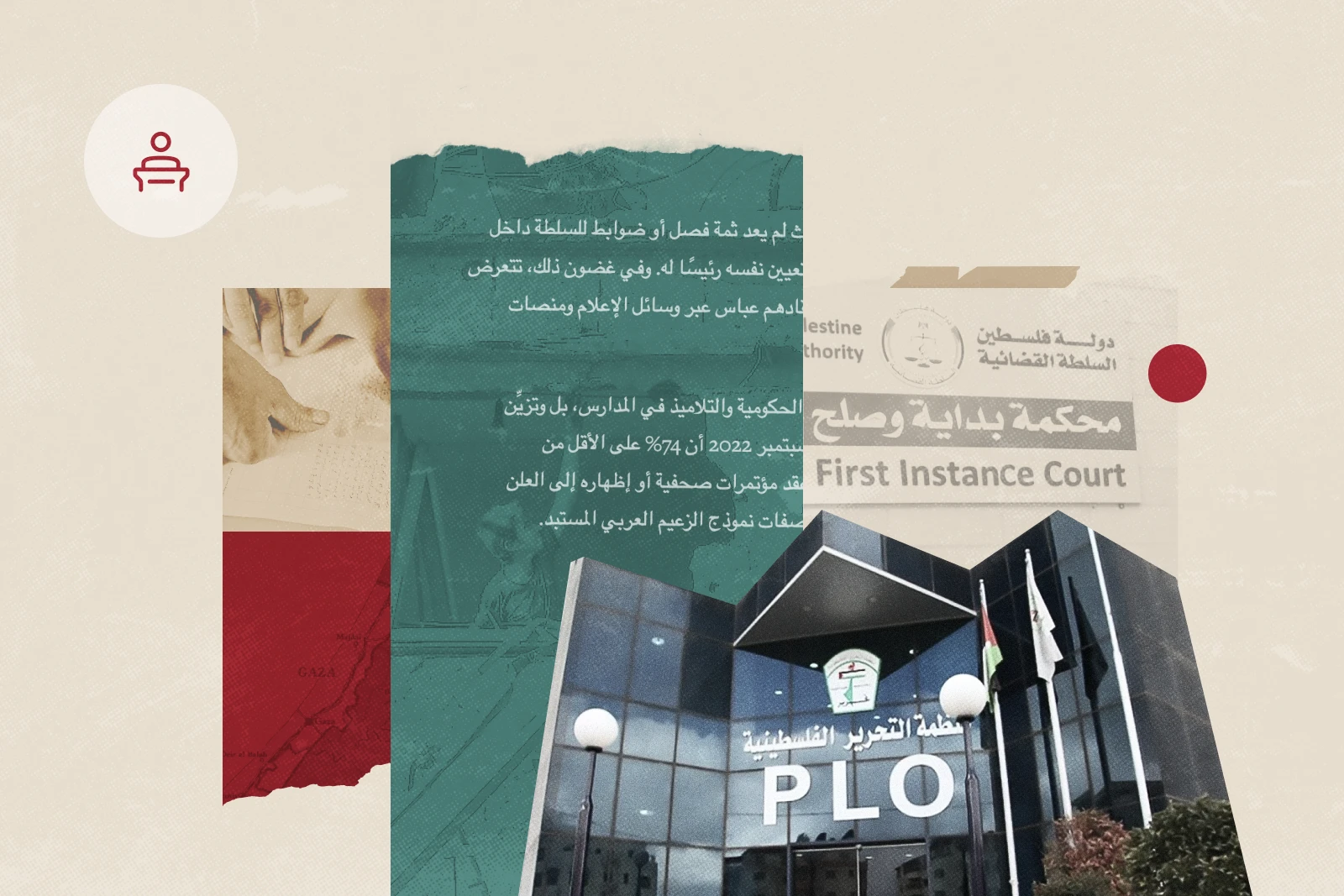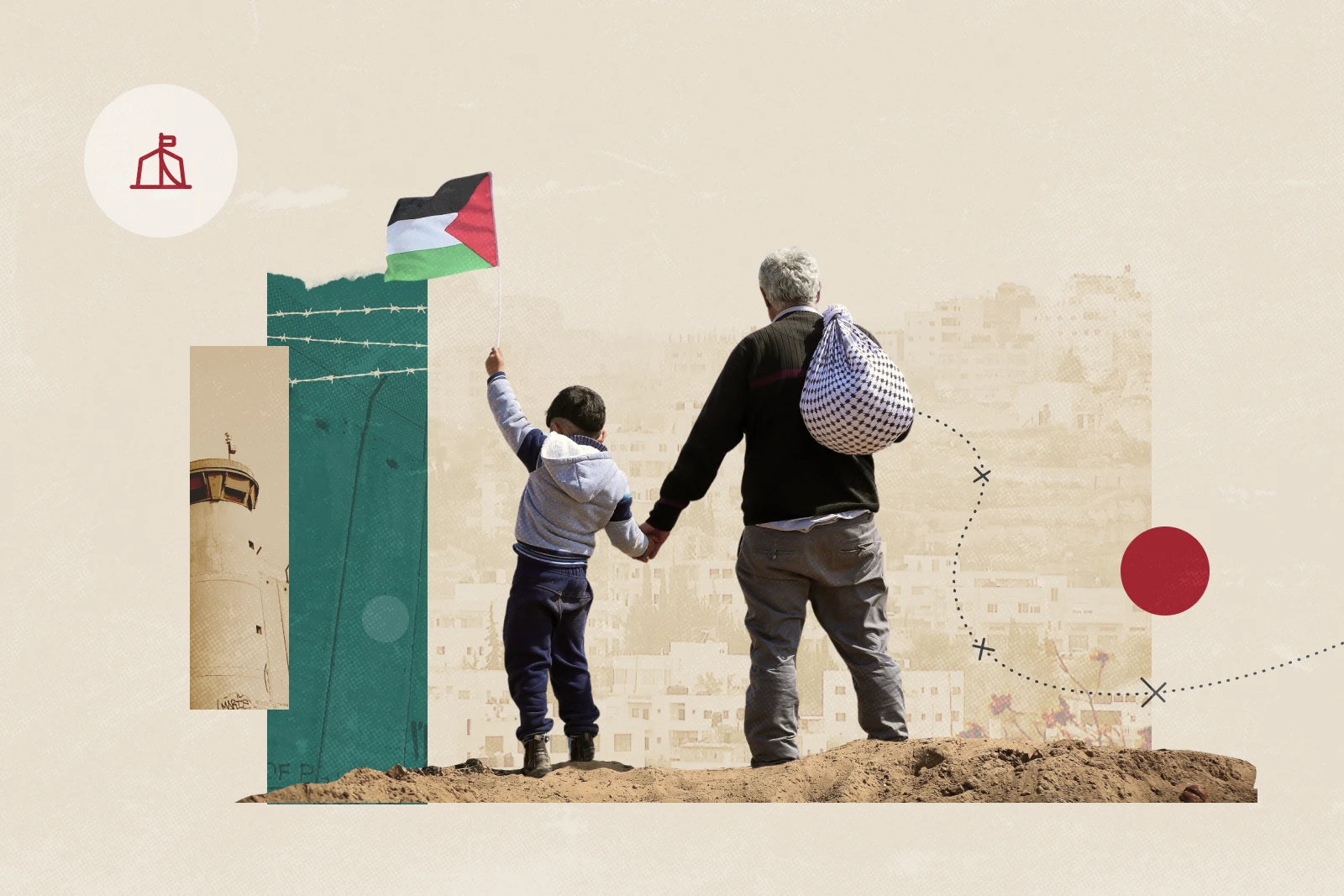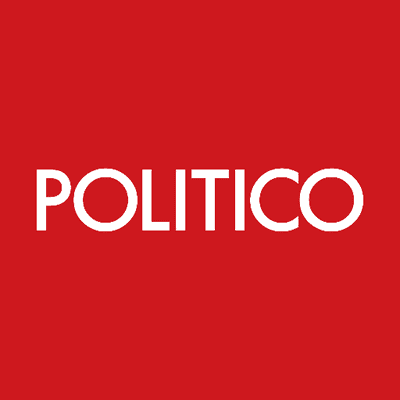typePolicy Memos
To date, 2023 is the deadliest year on record for Palestinians in the West Bank since 2005, largely due to the Israeli regime’s violent operations in Jenin and Nablus to suppress Palestinian mobilization and armed resistance. While the Palestinian Authority (PA) was largely absent during the Israeli army’s raids, it quickly sought to re-establish the guise of control following their conclusion.



Alaa Tartir· Aug 27, 2023
In March 2023, after months of protests over Benjamin Netanyahu’s controversial judicial overhaul, Israel gave far-right National Security Minister Itamar Ben-Gvir the go-ahead to establish a national guard. The force, to be composed of an initial 1,800 officers and with an operating budget of one billion NIS ($273 million), will primarily assist Israeli police during “security” emergencies.


Ahmed Omar· Jul 2, 2023
The Unity Intifada of May 2021 emphasized the centrality of Palestinian popular mobilization in the struggle against Israel’s settler-colonial apartheid regime. It is imperative that discussions of an anti-apartheid movement in Palestine remain true to the Unity Intifada’s decolonial praxis: to confront Zionism’s “racist settler colonialism in all of Palestine” and to challenge Israel’s fragmentation of the Palestinian people as a tool of domination.


Rania Muhareb· Mar 23, 2022
Through its participation in the 2021 UN Climate Change Conference (COP26) and other international forums, the Palestinian Authority (PA) continues to promote a state-centric approach to climate change that ultimately blocks legitimate climate and environmental justice in Palestine. In effect, Palestinian leadership has reduced the Palestinian liberation struggle - inherently a struggle for climate and environmental justice - to a failed state-building project since the 1993 Oslo Accords.


Muna Dajani· Jan 30, 2022
In October 2021, the Palestinian Civil Society Team for Enhancing Public Budget Transparency revealed that the Palestinian Authority’s (PA) security sector continues to receive the largest portion of the PA’s budget. During the first half of 2021, more than 50 million Israeli shekels (~$16 million) were spent on the reform of the PA security forces (PASF). The PASF also received 1,675 million shekels (~$538 million) - over 22% of the PA’s total budget - of which 88% were allocated to salaries; this was an increase of 115 million shekels (~$37 million) in comparison with the first six months of 2020.



Alaa Tartir· Nov 14, 2021
Following the Israeli attack on Gaza in 2014, the Palestinian and Israeli governments, and with international sponsorship, formed a temporary arrangement through which large quantities of “dual-use” items were allowed to enter Gaza for the purpose of reconstruction. This mechanism is known as the Gaza Reconstruction Mechanism (GRM), and is considered by many Palestinians to be corrupt and unjust, as it legitimizes the Israeli blockade imposed on Gaza since 2006, and effectively impedes the reconstruction process. The GRM gives Israel the right to completely control what is allowed to enter Gaza, including necessary materials for reconstruction.


Talal Ahmad Abu Rokbeh· Aug 10, 2021
In 2013, the UNDP warned of the increasing occurrence of dangerous heatwaves in Palestine over the coming years as a result of climate change. Indeed, at the end of August 2020, the Palestine Meteorological Office issued a warning about an impending heatwave, where the temperature ranged between five to nine degrees above its yearly average.


Asmaa Abu Mezied· Jun 13, 2021
The disastrous explosion that struck Beirut’s port on August 4, 2020, greatly exacerbated the impact of the COVID-19 pandemic, which followed on the heels of the severe financial crisis that had led to massive popular protests in late 2019. The Lebanese economy is now in almost total collapse with the value of the national currency plummeting by 80% and more than half the population living under the poverty line. This policy memo discusses the effect of this multilayered crisis on the Palestinian refugees in Lebanon, the oldest refugee community in the country. Specifically, it examines their coping strategies and addresses the question of responsibility to mitigate the consequences of this crisis on refugees.
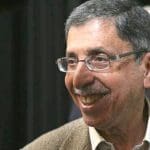

Jaber Suleiman· Sep 29, 2020
Many mainstream political ideas about the future of Palestine are primarily concerned with the containment of indigenous Palestinians and security for the Israeli settler state. The most recent manifestation of this was the Trump administration’s “Vision for Peace, Prosperity and a Brighter Future for Israel and the Palestinian People.” This “vision” proposed nothing less than Palestinian capitulation in which Palestinians in the West Bank would be encased in a series of Bantustans and the Gaza Strip would remain a besieged enclave while the rights of Palestinians in exile, including those of refugees, would be forsaken.



Yara Hawari· May 21, 2020
Numerous civil society organizations have highlighted the role of tourism in legitimizing or advancing Israeli land theft in the West Bank, yet few describe how the tourism investments of the Palestinian Authority (PA) can also undermine Palestinian calls for self-determination. The PA’s investments in Ramallah, particularly in governmental buildings and monuments, solidify the Israeli agenda to deny Palestinians a capital in Jerusalem.


Halah Ahmad· May 3, 2020
The first measures taken against COVID-19 in the West Bank occurred in early March after the confirmation of seven cases in Bethlehem that were linked to a Greek tourist group. The Palestinian Authority (PA) declared a state of emergency and imposed a lockdown on the city, banning all entry and exit as well as enforcing a curfew on residents.



Yara Hawari· Apr 14, 2020
Media & Outreach
Tariq Kenney-Shawa speaks to AJE on the Columbia University sit-in, where students are protesting in support of Palestine.



Tariq Kenney-Shawa· Apr 19, 2024



Tariq Kenney-Shawa· Apr 18, 2024


Fadi Quran· Apr 14, 2024
We’re building a network for liberation.
As the only global Palestinian think tank, we’re working hard to respond to rapid developments affecting Palestinians, while remaining committed to shedding light on issues that may otherwise be overlooked.


